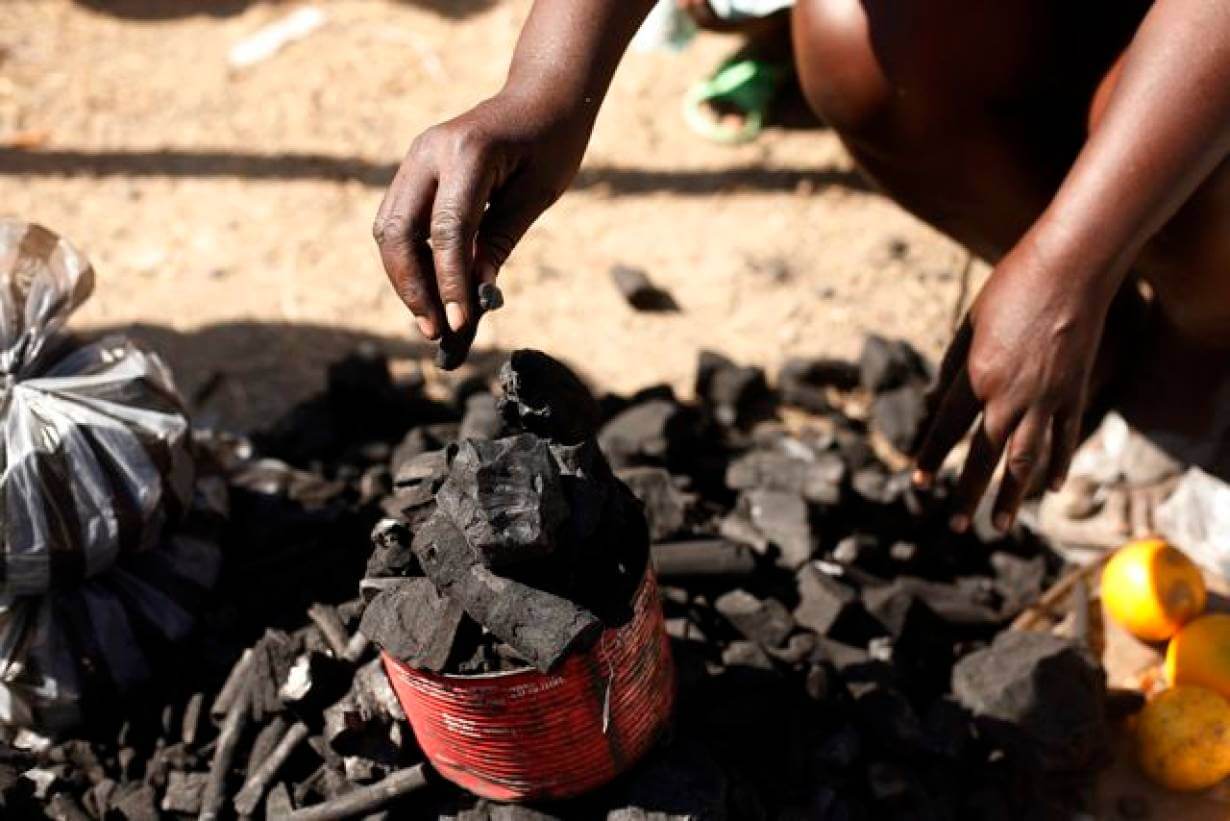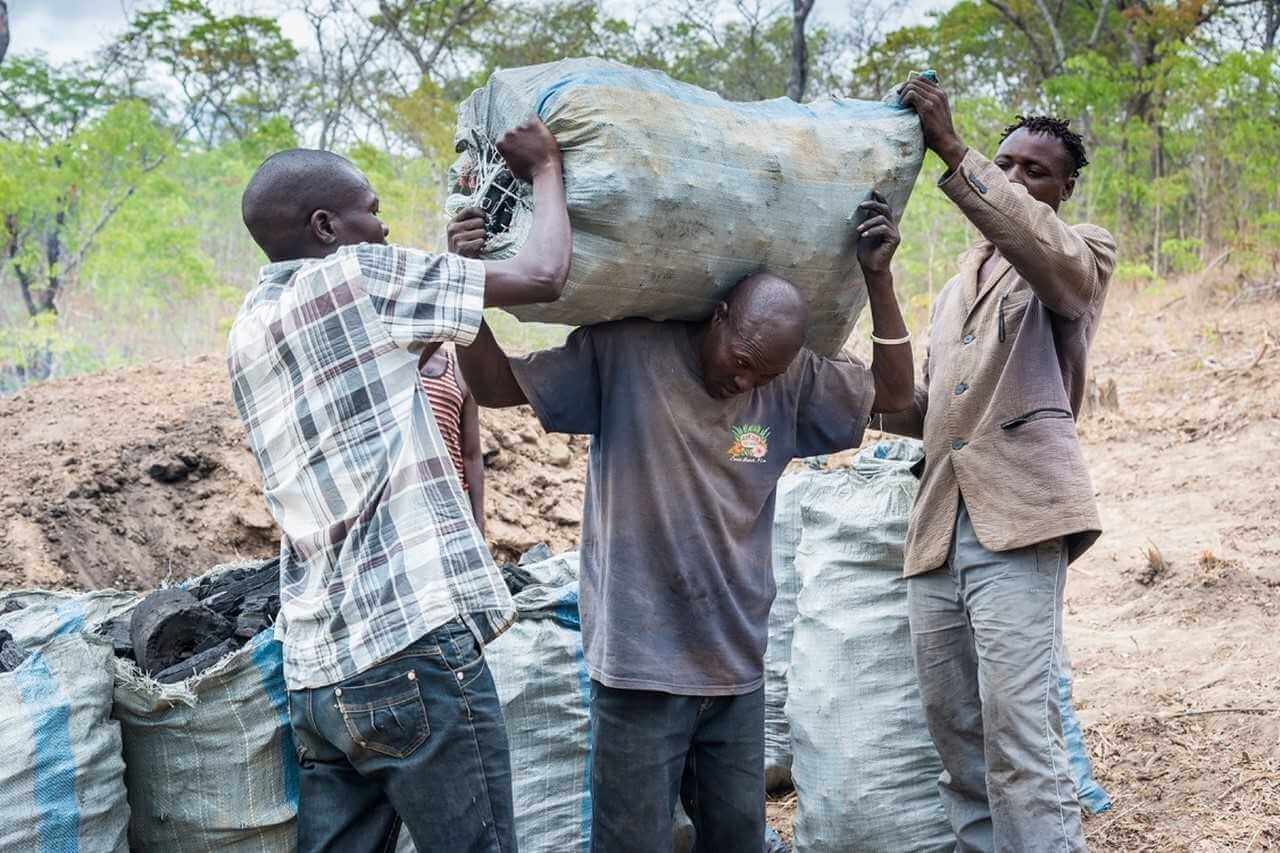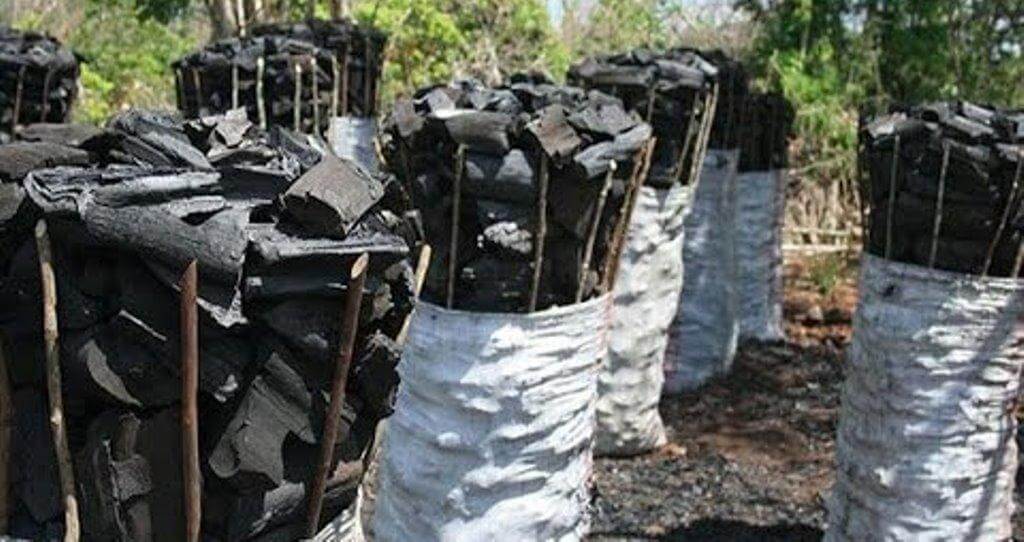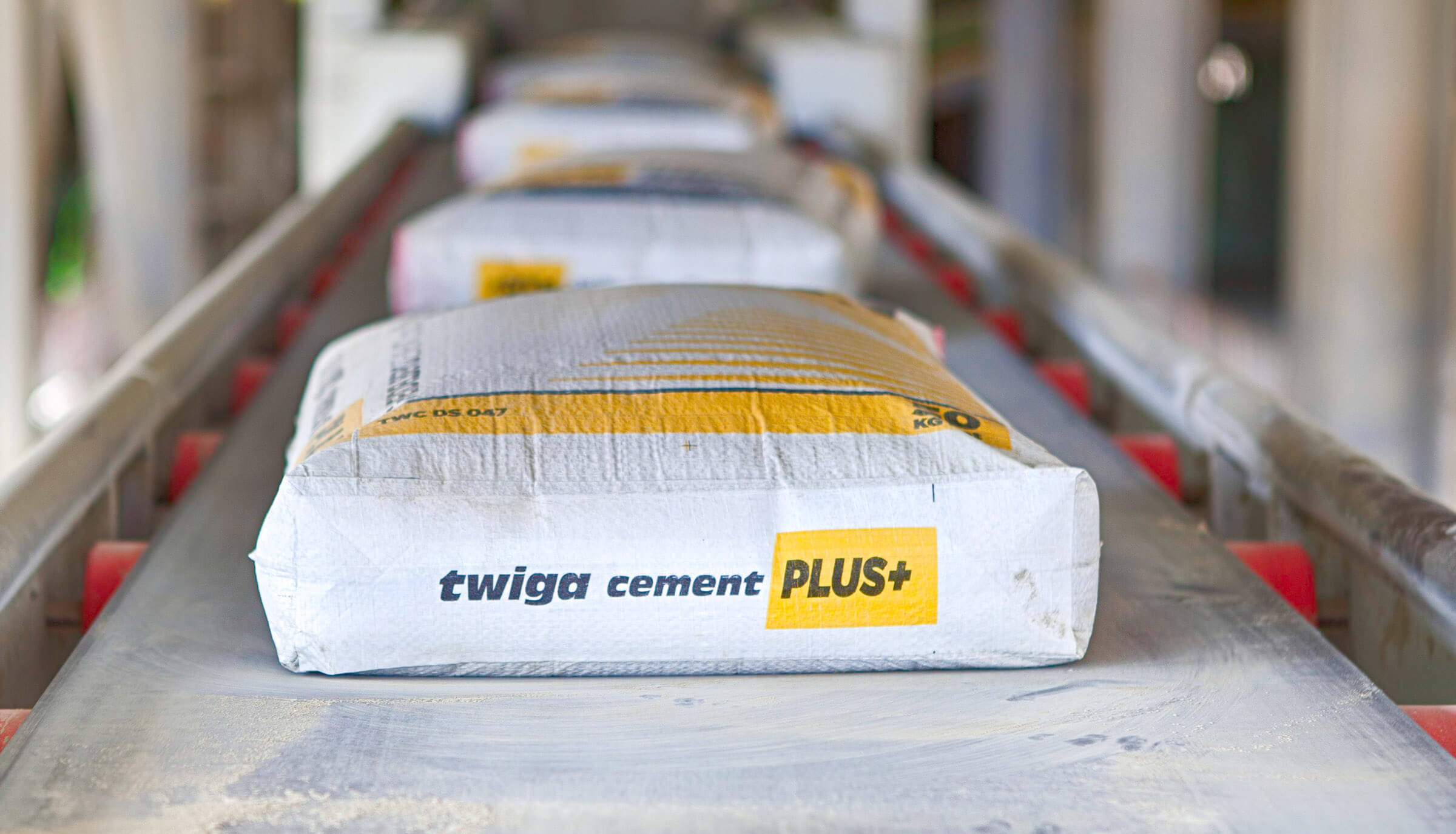Two residents Fatuma Juma and Aisha Omari lean against the corrugated iron walls of their makeshift charcoal shop stationed at Markaz area in Ukonga ward, Ilala district on the outskirts of Dar es Salaam city eagerly waiting for potential customers who usually buy in small quantities.
The earth floor around their office is engulfed in black dust and while I take a closer look at Fatuma and Aisha , I can visibly notice that the working environment is not environmentally friendly and suffice to note is that they even do not use wear protective gears something that puts their health at risk;
The duo have however engaged in this risky business for over three years to make ends meet.
Speaking to The Business Wiz, the two ladies acknowledged that the business has been the major source of their income for the past three years, adding that any ban on the business would affect many lives.

As we engage into a conversation, suddenly a customer comes running requesting to buy some 1,500/- charcoal which she gets and off she goes.
As we continue with the conversation, Fatuma a charcoal vendor said “I am engaged in this business because my husband passed away last year and left me with two children so I engage in this business to support my children and parents.
She said during the time when “the business was good, she used to go and collect the charcoal myself, but now because the business is difficult she buys the product from middlemen who transport it to Dar es Salaam.
“We usually organise a truck that can carry about 80 sacks. Some of which we sell here, and the rest we sell to other people for their businesses. After incurring c purchasing and transport costs, we end up with about 10, 000/– as profit per each sack of charcoal,” said Aisha.
When interviewed last week, a charcoal wholesaler Salehe Rashid, a resident of Kisarawe blamed the authorities from forest department of Kisarawe district from where most charcoal which is sold in Dar es
Salaam city comes from.
According to him, the authorities charge the 4,000/- for every small sack and Sh. 7,000/- for bigger ones upon valid trade licenses, irrespective of how many sacks one might be transporting.
Charcoal has long been the main source of fuel for cooking in households and restaurants throughout Tanzania. It is the only real option for the urban poor and in particular residents of Dar es Salaam city which covers 8.7 per cent of the country’s total population density.
The survey carried out has revealed that charcoal which is largely used as a source of fuel by 95 percent of the city residents notably low income earners, has shot up from 18.000/- to 22,000/- for a small sack and from 25,000/- to Sh. 35,000/- for bigger sacks respectively.
Following such an increase, the survey has discovered that most people who are not able to afford the price of one sack, resort to a retail price bargaining whereby charcoal is sold in small tins in individual selling booths.
A spot check at various markets shows that high prices are hurting people at an exorbitant price rate of between 1,500/- and 3,000/- in small tins respectively depending on the volume of containers.
Interviewed charcoal traders have noted that, “the current prices have traditionally increased this time around saying that, the situation has been exacerbated due to recent ban imposed by Tanzania Forest Services Agency (TFSA).
Statistics by TFSA which is a government agency responsible for monitoring the country’s forestry activities, show that about 400,000 hectares of forests are depleted unlawfully each year due to human activities emanating from wanton felling of trees which are intimately used to make charcoal.
According to the laws governing environment, this is a deliberate destruction of the environment pauses high risk on climate change.
The government is seeking 600bn/- for the adoption of clean energy and sustainable charcoal production over the next 10 years in an effort to tackle the illegal charcoal trade going on in the country.
Attributing the losses incurred due to depletion of natural forests, James Nshare, a forest expert with the Ministry of Natural Resources told The BusinessWiz network that, “the government is spending a lot of tax payers’ money to maintain and keep intact forest reserves as part of it efforts to mitigate climate change.
“People should invest in clean energy solutions and avoid bio-mass fuel which causes land degradations due wanton felling of trees”. He affirmed and noted that Tanzania has remained with very few hectares of forests on which to conduct bee-keeping for honey production.
Data available at the National Bureau of Statistics (NBS) projects that by 2030 the number of honey consumers is expected to double which is obvious fuelled by current restrictive measures being undertaken of controlling the environment.

Furthermore, the forest defender noted that among the impacts of forest loss is degradation of water sources, reduction in soil quality and hence decreased agricultural productivity, damaged organisms habitat, diminishing biodiversity, and reduced sequestration of carbon dioxide by trees.
On the other hand, it is estimated that Tanzania’s total annual charcoal consumption stands at one million tonnes, of which at least 30 million cubic meters of wood is needed to meet such annual demand which is equivalent to 109,500 hectares of forest loss.
Dar es Salaam consumes nearly 70 percent of all the charcoal produced in the country while the total annual charcoal business volume in the city is estimated to be worth $350 million, and $650 million to thewider (national) economy, according to the Word Bank (WB) policy note.
Part of the WB policy note reads that, despite Tanzania’s remarkable success in adopting Participatory Forest Management (PFM) approaches, the production of charcoal results in significant degradation of forest land, and in combination with other land-use changes, to permanent deforestation in some areas of the country, especially around the main urban areas.”
Tanzania is currently implementing its policies and plans on how to save its natural vegetation eg forest.
According to one an environmentalist, to reduce further losses, he has urged that the private sector institutions should be more willing to keep their corporate doors open to any initiative aimed at reducing firewood and charcoal demands furthermore to reverse the loss of environmental resources.
Biomass energy resources accounts for 93 percent of the total energy consumption. Fuel-wood alone is estimated to account for 97 percent of all fuel consumption and 92 percent of all country’s source of energy.
According to the State of East Africa Report 2022, the region has lost more than 22 million hectares of forest cover in the past two decades, partly due to illegal logging and charcoal burning.
The report says East Africa’s 107 million hectares of forest shrank by more than 9 per cent to 98 million hectares between 2020 and 2021, and a further 13 per cent to 85 million hectares in 2022 due to rampant deforestation.
Though Tanzania still has the lion’s share of the region’s forest cover, with a total of 45 million hectares
(53 per cent), it had the largest share of deforestation, accounting for 67 per cent, followed by Kenya at 33 per cent, in the period under review.






